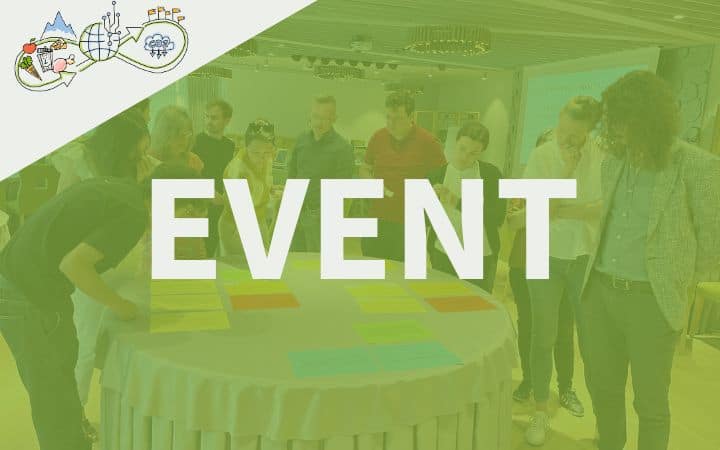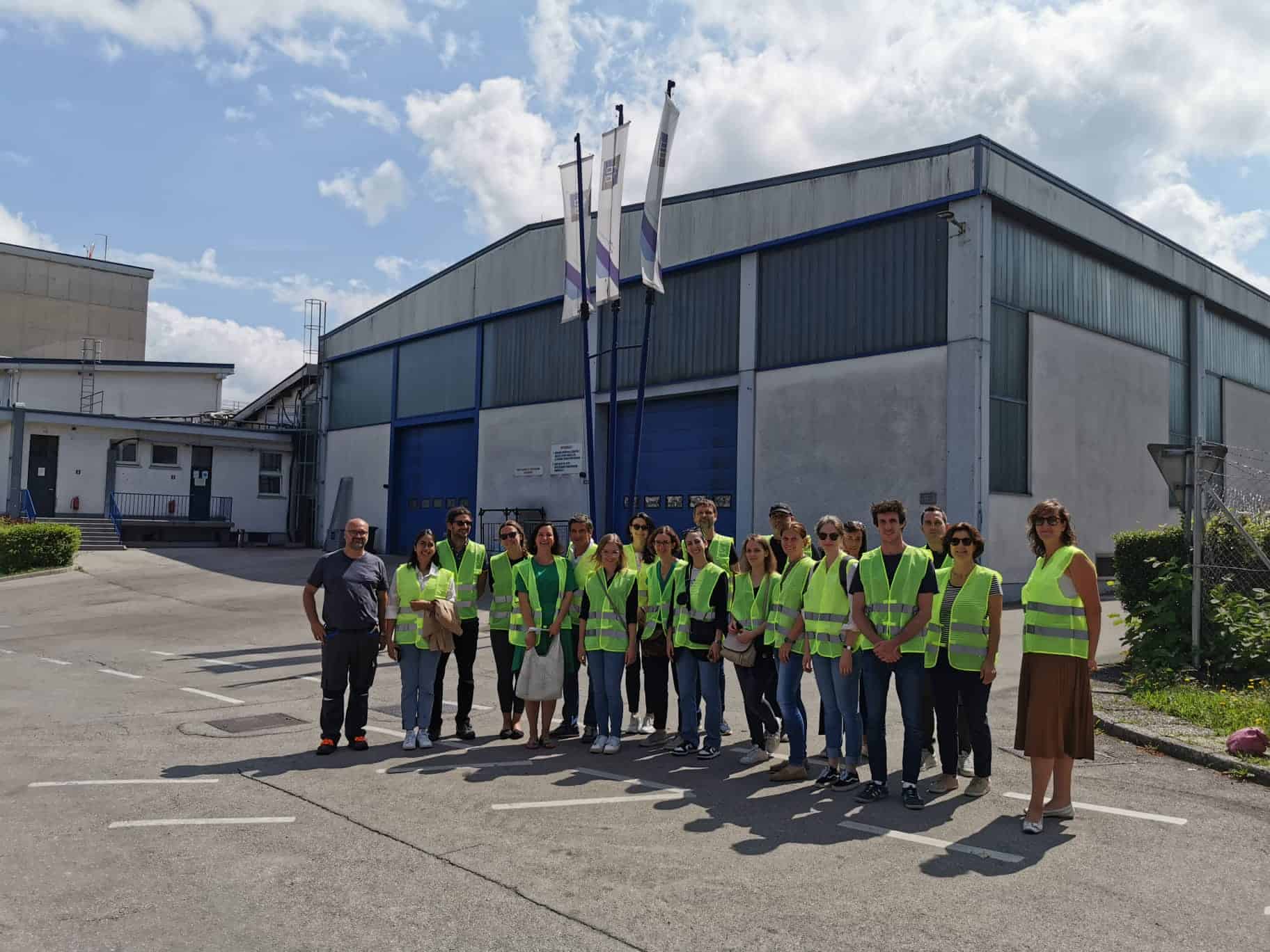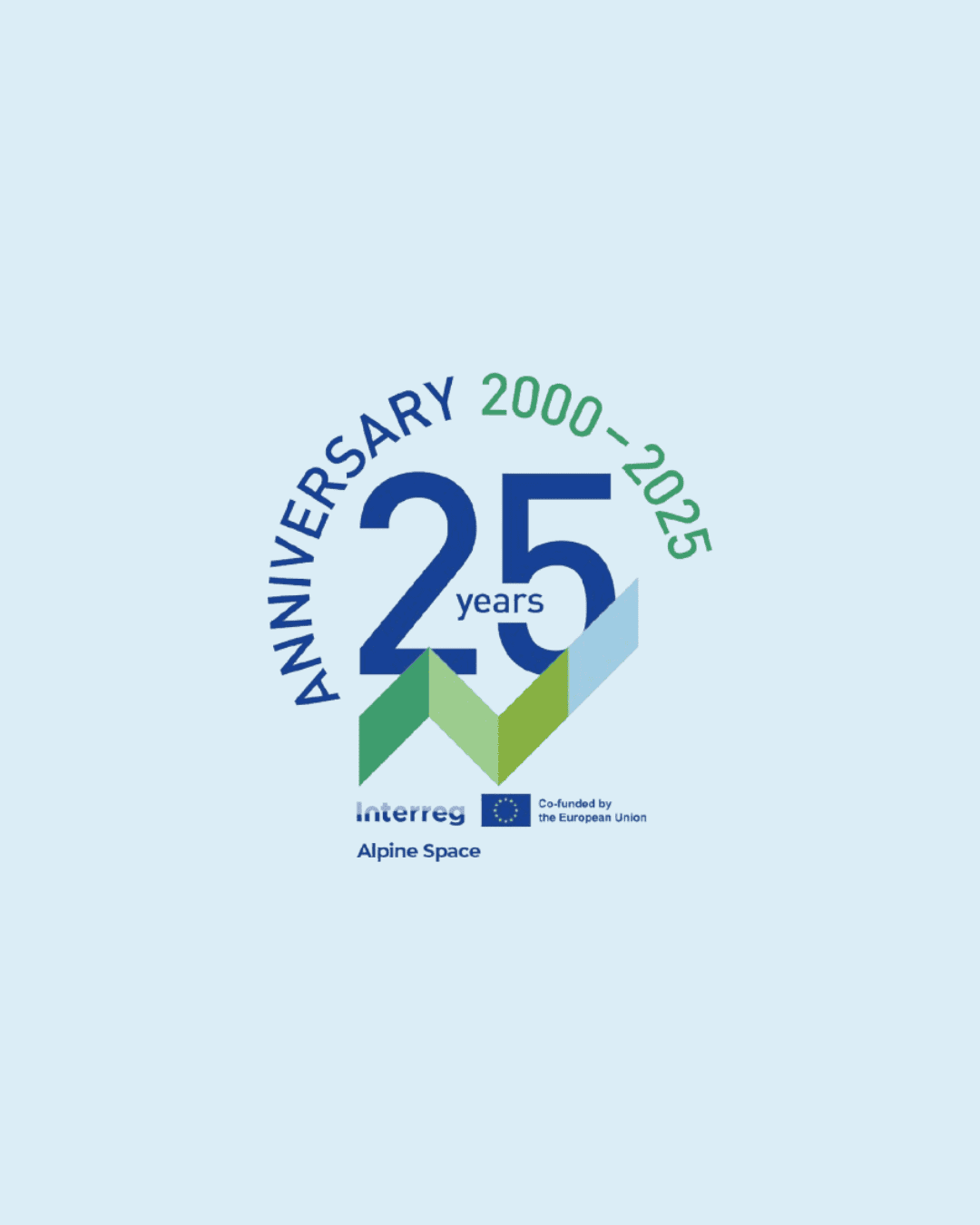The first day was dedicated to a plenary meeting and intensive work on the current dimensions of the project. Presentations focused on pilot activities planned for ten selected industrial zones across Italy, Austria, Germany, France, and Slovenia. These activities included initiatives like forming an association of company representatives to manage industrial parks sustainably, creating a platform to inventory waste materials that could serve as raw materials for nearby companies, and fostering industrial symbioses within each park through technologies such as waste heat recovery.
To enhance knowledge exchange on advanced technologies, two "expert laboratories" were formed. These labs focused on energy production and process technologies involving various stakeholders in creating supply and value chains. Additionally, the roles of the Systemic Thinking Communities, which gather different stakeholders to implement selected circular processes, were further defined.
The second day featured a visit to the Zalog economic zone, offering insights into circular economy technologies. Participants learned about biogas and green electricity production, waste heat utilization, and wastewater and air treatment technologies. Innovative EU development projects were also showcased, including algae-related technologies for saltwater treatment and soil quality improvement. Koto d.o.o., an advanced sustainable waste processing company, discussed potential collaboration with RRA LUR and VO-KA Snaga Ljubljana to establish a supply chain for collecting waste oils from households to produce biodiesel.
The visit continued in Škofja Loka, where the Development Agency Sora, another Slovenian project partner, highlighted their sustainable transportation method through the Trata Industrial Zone using bicycles from the eKOLOka rental system. They also presented their planned project activity involving waste heat analysis in the industrial zones of the Škofja Loka region. Collaborating with external experts, they aim to collect data, identify potential users, and propose steps to reduce heat release into the atmosphere.
The ECOLE project aspires to help industrial parks in the Alpine region transition from a negative image of polluters and rising energy costs to becoming circular and resource-efficient. The event in Ljubljana not only advanced professional collaboration but also significantly strengthened social ties among the partners, laying a solid foundation for improved cooperation in the future.



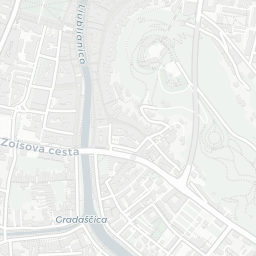
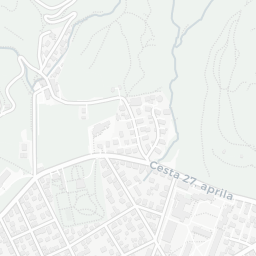








Programme events
Project events
